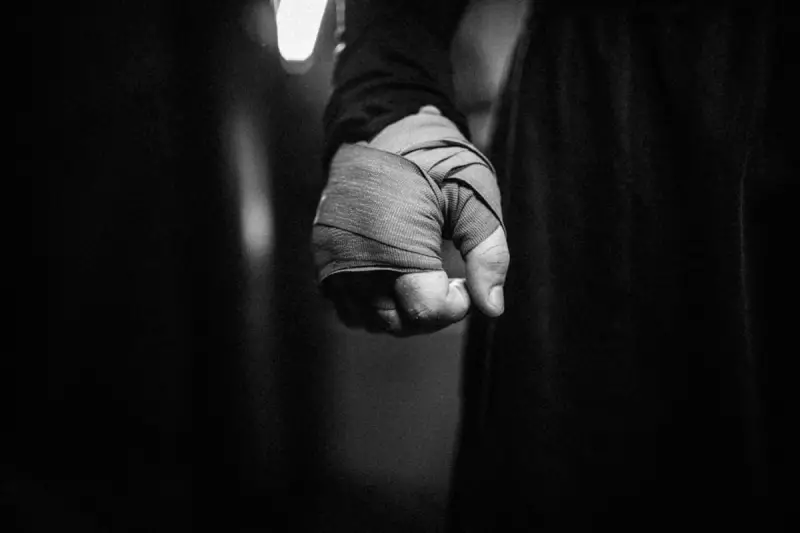
Beneath the surface of Russian society, a disturbing network of clandestine fight clubs is quietly training a new generation in the art of street combat. Known as 'Active Clubs', these organisations are raising serious concerns among security experts and human rights advocates.
The Rise of Russia's Shadow Warriors
Across multiple Russian cities, these clubs operate under the radar, attracting predominantly young men to their rigorous training sessions. Participants engage in intense martial arts practice, learning hand-to-hand combat techniques specifically designed for real-world street confrontations.
What makes these gatherings particularly alarming is their alleged connection to far-right ideologies. Intelligence reports suggest the movement follows a structured hierarchy and maintains international ties with similar extremist groups abroad.
From Training Mats to Street Battles
The clubs don't just exist in isolation. Evidence indicates their members have been involved in actual street violence, with several incidents linking participants to coordinated attacks. The training appears to be translating directly into real-world aggression.
One former member, speaking on condition of anonymity, described the atmosphere as "intense and militaristic," with trainers emphasising the practical application of techniques for urban combat scenarios.
A Growing Network with Global Ambitions
Security analysts have identified at least two dozen Active Clubs operating throughout Russia, with some estimates suggesting the number could be significantly higher. The movement appears to be expanding rapidly, leveraging social media and encrypted communication channels to recruit new members.
International security services are monitoring the situation closely, concerned about the potential for the ideology and training methods to spread beyond Russia's borders. The clubs represent a new model of extremist organisation – one that prioritises physical preparedness alongside ideological indoctrination.
The Government's Response
Russian authorities have maintained an ambiguous stance toward these clubs. While some local officials have expressed concern, there appears to be no coordinated national effort to shut them down. This has led to accusations that the groups are operating with at least tacit approval from certain elements within the establishment.
Human rights organisations are calling for greater scrutiny and intervention, warning that the combination of martial training and extremist ideology creates a dangerous cocktail that could lead to increased political violence.
As these clubs continue to multiply and train new recruits, they represent an emerging challenge to social stability – not just in Russia, but potentially across the region. The phenomenon of the Active Clubs demonstrates how extremist movements are evolving, blending physical training with ideological warfare in ways that traditional security measures struggle to counter.





